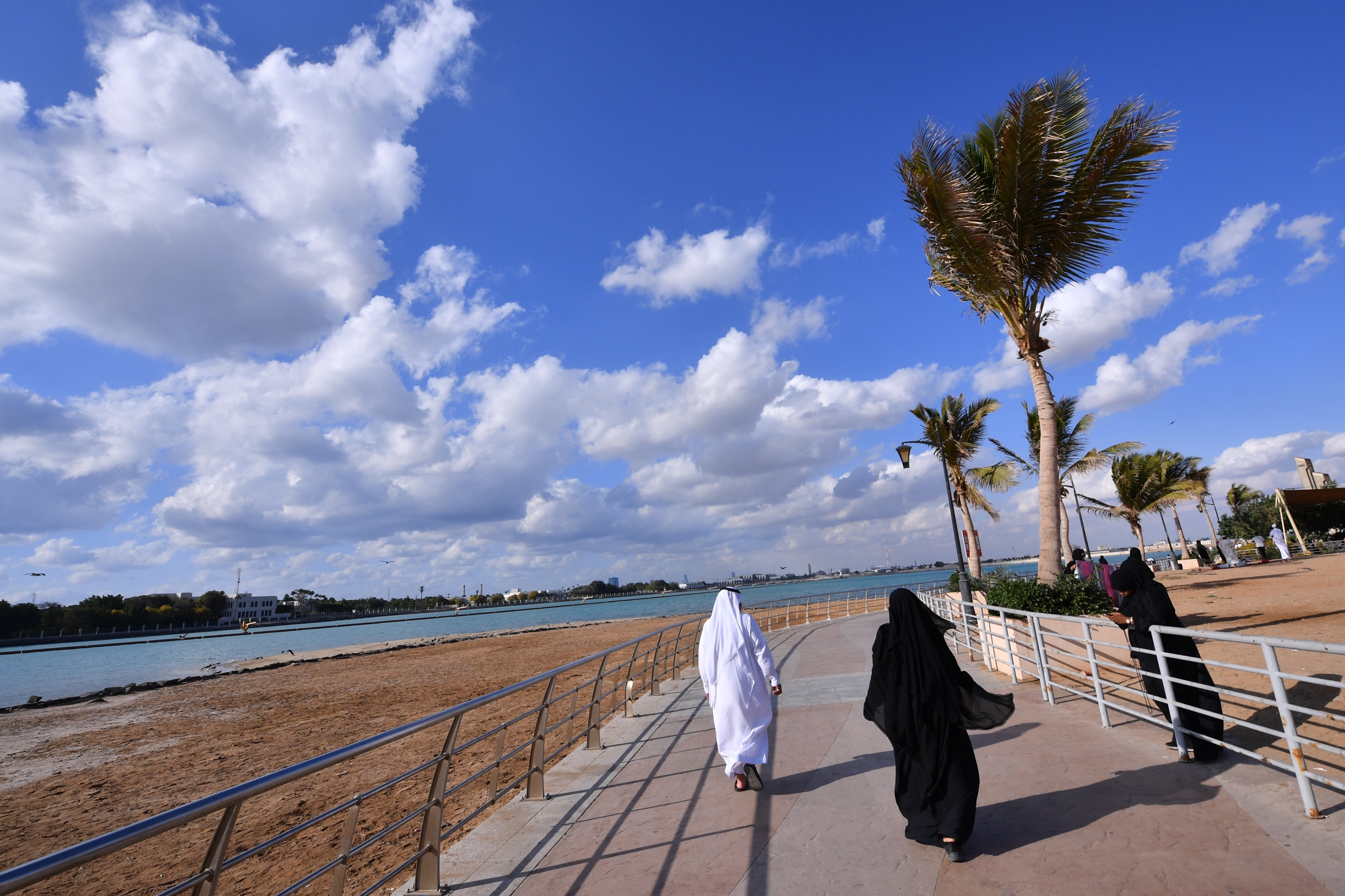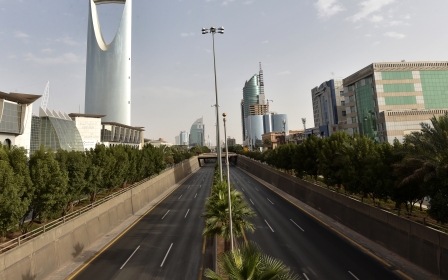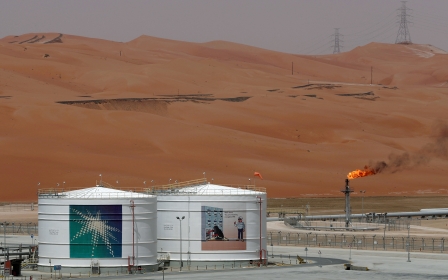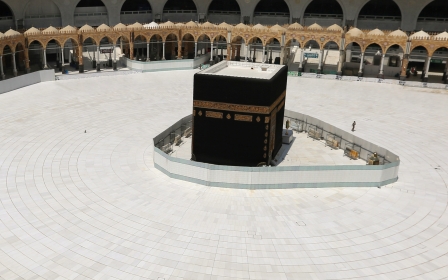Coronavirus: Saudi Arabia shuts down port city of Jeddah

Saudi Arabia on Sunday barred entry and exit into Jeddah and brought forward a curfew in the port city as it tries to stem the spread of the novel coronavirus.
The curfew in Jeddah will now begin at 3pm instead of 7pm. Saudi Arabia applied the same measures to Riyadh, Mecca and Medina on Thursday for an initial 21 days.
The kingdom's health ministry has reported 1,203 coronavirus infections and eight deaths from the illness so far, as it scrambles to limit the spread of the disease.
Saudi Arabia confirmed its first coronavirus-related death on Tuesday, a 51-year-old Afghan resident who succumbed to Covid-19 in Medina.
A second death was reported on Wednesday, a 46-year-old foreign resident of Mecca.
New MEE newsletter: Jerusalem Dispatch
Sign up to get the latest insights and analysis on Israel-Palestine, alongside Turkey Unpacked and other MEE newsletters
The country has already imposed drastic measures to combat the pandemic, including suspension of international flights, closing schools and universities and temporarily closing off the oil-rich eastern province of Qatif, which has most of the kingdom's cases.
It has also suspended the year-round Umrah pilgrimage and banned prayers in all its mosques, including the holy mosques in Mecca and Medina.
Middle East Eye reported that the Riyadh's King Faisal Hospital, where members of the royal family are treated, was being closed down for all but emergency cases after an anaesthetist working at the hospital had tested positive for the virus.
King Salman has warned of a "difficult" fight ahead, with the kingdom facing mass shutdowns because of the virus and crashing oil prices.
The oil-rich kingdom unveiled economic stimulus measures amounting to 120bn riyals ($32bn) to support businesses and said it planned to raise borrowing to 50 percent of GDP.
Middle East Eye delivers independent and unrivalled coverage and analysis of the Middle East, North Africa and beyond. To learn more about republishing this content and the associated fees, please fill out this form. More about MEE can be found here.




